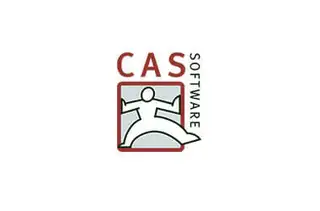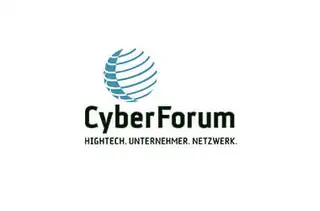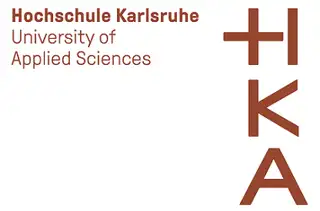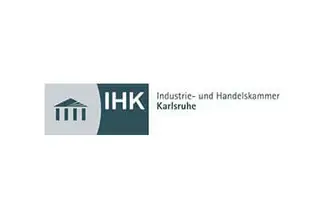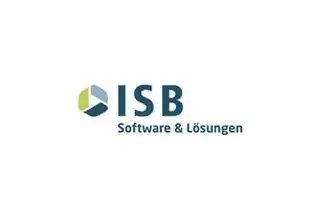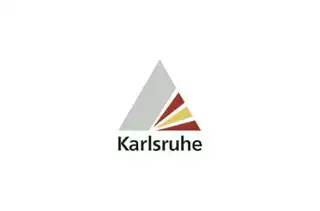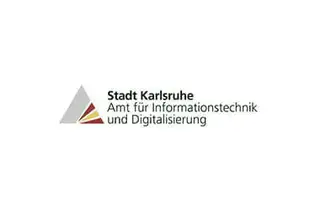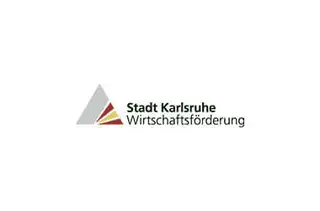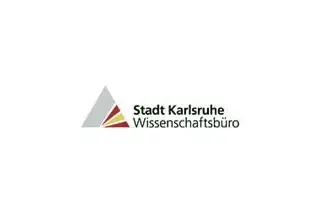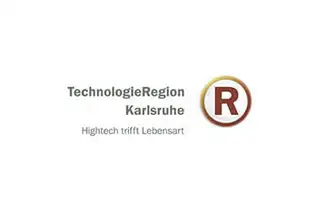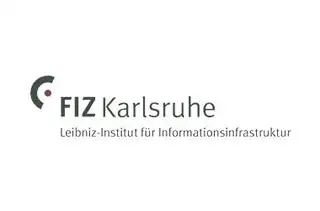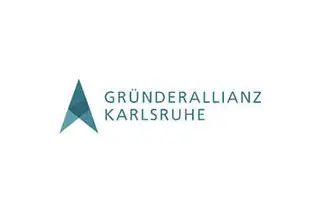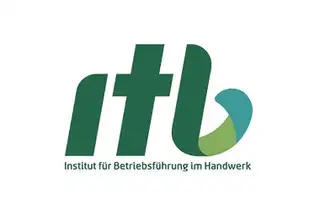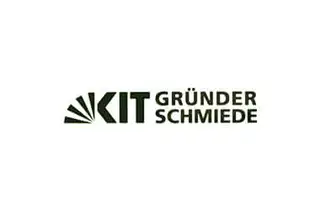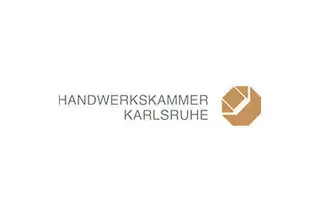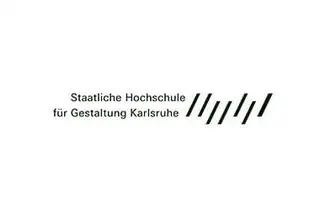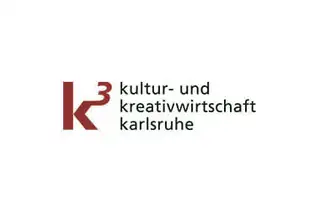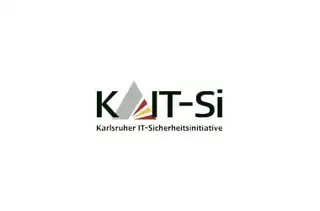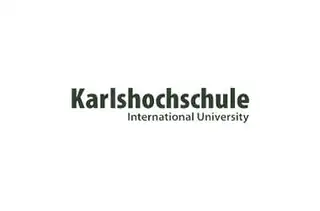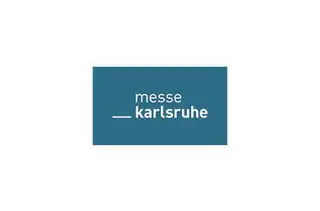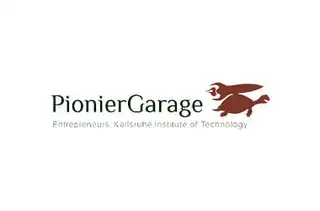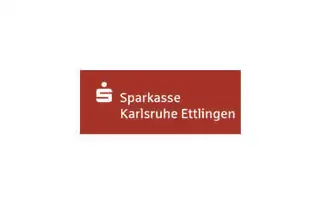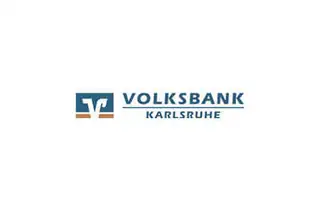We are
karlsruhe.digital

About karlsruhe.digital
Digitalization brings radical change. Now is the time to set the right course for the future! Karlsruhe is aware of the opportunities and challenges of the digital transition.
The initiative karlsruhe.digital arose with the collaboration of 11 working teams, over 25 institutions, and over 50 ICT companies. Together they pursue the vision for Karlsruhe to become a motor of digitalization and hence be a pioneer with regard to digital topics.
10 Theses of the Initiative
The initiative developed 10 theses that depict in which areas Karlsruhe is already optimally prepared – and what ought to be done to keep it that way in the future.

ICT education, indispensable for a leading location
Our high quality ICT education has a long tradition. We aim at lifelong learning and at raising awareness from an early age on.

Karlsruhe – the city for entrepreneurs
Karlsruhe has a unique start-up scene in which all necessary actors work together to provide a seamless support system for founders and young businesses. By supporting entrepreneurship, we pave the way for innovation.

A living lab for the world to come
Karlsruhe offers a large network of research institutions, companies and start-ups engaging in R&D. The city is offering itself as a living lab and wants to integrate innovation into everyday life.

Being pioneer in smart government and digital citizen services
Karlsruhe sets its objectives at developing a digital identity and being attractive for its citizens. Digital citizen services facilitate our everyday lives – and the city wants to be a model for the benefits of digitalization by combining the best of administration, smart government and its citizens’ interests.

Creating digital working environments – attractive and social
Digitalization already changes our working life. Social values should be transferred to these circumstances proactively. Karlsruhe targets at shaping new working environments to make the digital transition being liveable for all of us.

Karlsruhe as motor of digitalization
Karlsruhe aims at setting standards and becoming one of the world’s flagships of digitalization. Therefore, we actively address the digital transition in all its facets as it will affect more than just IT related companies and industries.

Networks as the heart of our digital ecosystem
Our ICT scene is vibrant: the established ecosystem and powerful network of ICT companies of all sizes, academic institutions, public actors, non-profit and interest groups, ICT professionals, entrepreneurs and students has to be supported and enhanced collectively.

Infrastructure – the backbone of a digital world
Karlsruhe is aware of the importance of excellent bandwidth and broadband networks for the development of a digital future. We aim at providing the best infrastructural standards for our citizens as well as our economy.

Designing digital sovereignty and setting security standards
Uniting the heart of the German legislative with outstanding ICT security institutions in one city underlines Karlsruhe’s status as a technically and juristically leading location. We aim at actively maintaining and expanding digital sovereignty.

Quality of life, an essential asset
Karlsruhe already offers a dynamic cultural life as well as a dynamic, versatile and powerful economic sector. To preserve and expand this position in the future, we want and need high performers – so we are providing the most attractive conditions possible to current and future employees and “Karlsruher”.

ICT education, indispensable for a leading location
Our high quality ICT education has a long tradition. We aim at lifelong learning and at raising awareness from an early age on.

Karlsruhe – the city for entrepreneurs
Karlsruhe has a unique start-up scene in which all necessary actors work together to provide a seamless support system for founders and young businesses. By supporting entrepreneurship, we pave the way for innovation.

A living lab for the world to come
Karlsruhe offers a large network of research institutions, companies and start-ups engaging in R&D. The city is offering itself as a living lab and wants to integrate innovation into everyday life.

Being pioneer in smart government and digital citizen services
Karlsruhe sets its objectives at developing a digital identity and being attractive for its citizens. Digital citizen services facilitate our everyday lives – and the city wants to be a model for the benefits of digitalization by combining the best of administration, smart government and its citizens’ interests.

Creating digital working environments – attractive and social
Digitalization already changes our working life. Social values should be transferred to these circumstances proactively. Karlsruhe targets at shaping new working environments to make the digital transition being liveable for all of us.

Karlsruhe as motor of digitalization
Karlsruhe aims at setting standards and becoming one of the world’s flagships of digitalization. Therefore, we actively address the digital transition in all its facets as it will affect more than just IT related companies and industries.

Networks as the heart of our digital ecosystem
Our ICT scene is vibrant: the established ecosystem and powerful network of ICT companies of all sizes, academic institutions, public actors, non-profit and interest groups, ICT professionals, entrepreneurs and students has to be supported and enhanced collectively.

Infrastructure – the backbone of a digital world
Karlsruhe is aware of the importance of excellent bandwidth and broadband networks for the development of a digital future. We aim at providing the best infrastructural standards for our citizens as well as our economy.

Designing digital sovereignty and setting security standards
Uniting the heart of the German legislative with outstanding ICT security institutions in one city underlines Karlsruhe’s status as a technically and juristically leading location. We aim at actively maintaining and expanding digital sovereignty.

Quality of life, an essential asset
Karlsruhe already offers a dynamic cultural life as well as a dynamic, versatile and powerful economic sector. To preserve and expand this position in the future, we want and need high performers – so we are providing the most attractive conditions possible to current and future employees and “Karlsruher”.
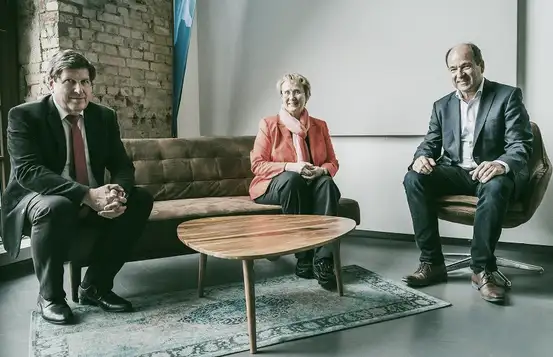
Organizational structure karlsruhe.digital
The steering committee of the karlsruhe.digital initiative is the body of consultation, support, decision recommendation and decision making. Ideas for future projects are discussed here. Its members include representatives from business, science, culture, administration as well as the TechnologieRegion Karlsruhe and the Karlsruhe Chamber of Commerce and Industry.
In line with the principle of equal representation, the steering committee is chaired by First Mayor Gabriele Luczak-Schwarz as a representative of the city administration, Martin Hubschneider (Managing Director of CyberForum e.V., Chairman of CAS Software AG, Vice President of Bundesverband IT-Mittelstand e.V., Initiator of Bunte Nacht der Digitalisierung) as a representative of business, and Professor Dr. Thomas Hirth (Vice President of the Karlsruhe Institute of Technology) as a representative of science.
The karlsruhe.digital office is entrusted with the operational activities of the initiative, acts as an interface with all participants in close exchange and serves as an official contact. It is composed of one representative each from the Science Office of the City of Karlsruhe and the CyberForum e.V.
Eleven working groups, each headed by a scattering group member, analyze and further develop the digital aspects and success criteria of areas such as administration, science, education, culture and society, location factors for skilled workers, sovereignty, start-up culture, internationalization and innovation transfer.

Karlsruhe - An Awarded City
- Karlsruhe achieves 8th place among 71 german cities in WirtschaftWoche´s future ranking of 2018
- Karlsruhe is Germany’s future tech center #1
- Honored as one of Germany’s twelve Digital Hubs
- First place in analysis concerning the browsing speed in Germany
- Winner of the Morgenstadt City Index 2016 due to Karlsruhe’s excellent quality of life and its capacities for innovation and resilience
- Special Award in the context of the contest “Guiding Star Energy Efficiency Baden-Württemberg 2016”
- Fourth place in ICT Study of the EU Commission
- Google eTown Award 2014
